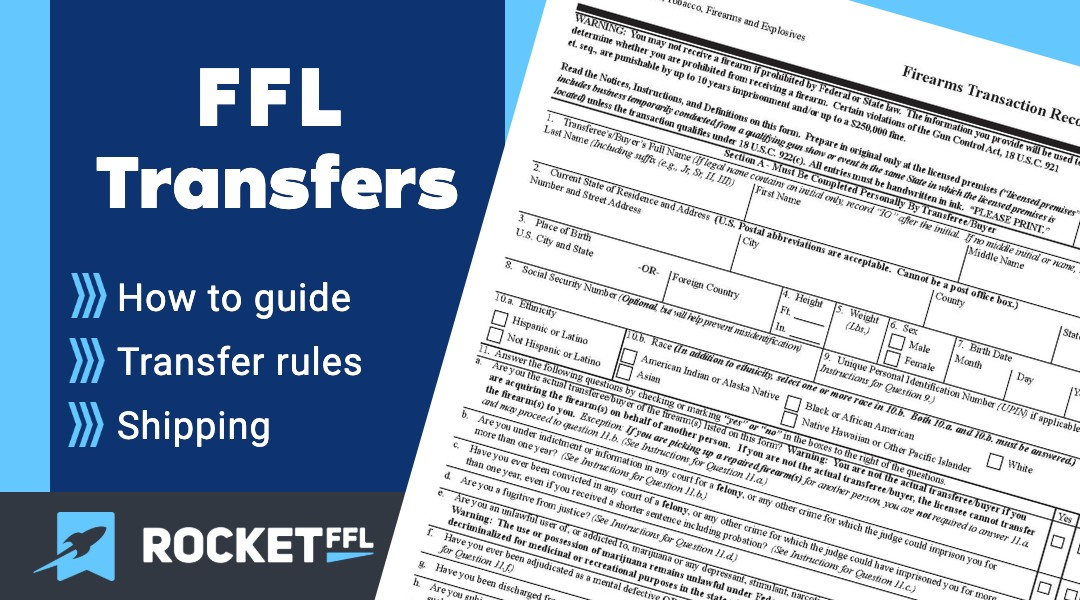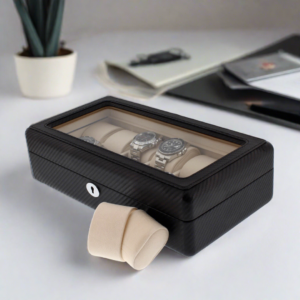How Much Do FFL Dealers Charge for Transfers?
Purchasing firearms online or from out-of-state sellers involves working with a Federal Firearms License (FFL) dealer for the transfer. This process is legally required to ensure compliance with federal regulations and background checks. But how much do FFL dealers typically charge for these transfer services?
What Is the FFL Transfer Process?
When a firearm is purchased from an online store or an out-of-state seller, federal law prohibits it from being shipped directly to the buyer. Instead, the firearm must be sent to a local FFL dealer. This dealer is responsible for receiving the firearm, conducting background checks, and ensuring that the transfer complies with federal and state regulations.
Typical FFL Transfer Fees
The fees charged for FFL transfers vary widely based on factors such as the dealer, location, and additional services offered. Generally, transfer fees range between $20 to $75 per transfer, although some may charge higher or lower rates.
Why Do Transfer Fees Vary?
- Location: Dealers in urban areas or regions with a higher cost of living may charge more for transfers.
- Type of FFL Dealer: Dealers offering additional services, such as custom gunsmithing or training, may have higher fees compared to those focused solely on transfers.
- Demand and Competition: In areas with many FFL dealers, competition often drives fees lower. Conversely, rural areas with fewer dealers may see higher transfer costs.
Additional Costs to Consider
In addition to the standard transfer fee, buyers should be aware of potential extra charges, including:
- Background Check Fees: Certain states impose separate fees for conducting background checks.
- Processing Fees: Some dealers include a small administrative fee for handling paperwork.
- Special Handling Fees: Transfers involving regulated or unique items, such as firearms with high-capacity magazines, might incur additional charges.
Choosing the Right FFL Dealer
Selecting the right FFL dealer can significantly impact the cost and convenience of the transfer. Key considerations include:
- Reputation and Reviews: Researching local dealers and reading customer feedback helps identify those with transparent pricing and efficient service.
- Proximity: Opting for a dealer close to home minimizes travel time and expenses.
- Service Offerings: Some dealers provide value-added services, such as firearm cleaning, sight adjustments, or safety guidance.
Step-by-Step Guide to FFL Transfers
Step 1: Contact an FFL Dealer
Before purchasing a firearm, buyers should contact their chosen FFL dealer to confirm they will handle the transfer. The dealer will provide their license details, which must be shared with the seller for legal shipment.
Step 2: Purchase the Firearm
Once arrangements with the dealer are confirmed, the buyer can proceed with the purchase. The seller will ship the firearm to the designated FFL dealer.
Step 3: Complete the Background Check
When the firearm arrives, the buyer must visit the dealer to complete the necessary paperwork for the background check. The dealer will verify the buyer’s identity and ensure all legal requirements are met.
Step 4: Pay Fees and Take Possession
After successfully passing the background check, the buyer pays the transfer fee and any additional charges before taking possession of the firearm.
Online Firearm Purchases and FFL Transfers
When buying firearms online from stores or auction platforms like GunBroker, FFL dealers play a crucial role in completing the transaction. Many online sellers provide guidance on arranging transfers, but buyers should always confirm the fees and policies of their chosen FFL dealer to avoid surprises.
For those seeking reputable FFL services, Black Bayou Armory offers expert assistance and competitive rates. Known for transparent pricing and a commitment to quality service, Black Bayou Armory is a trusted resource for firearm transfers, catering to both seasoned firearm enthusiasts and first-time buyers.













Post Comment